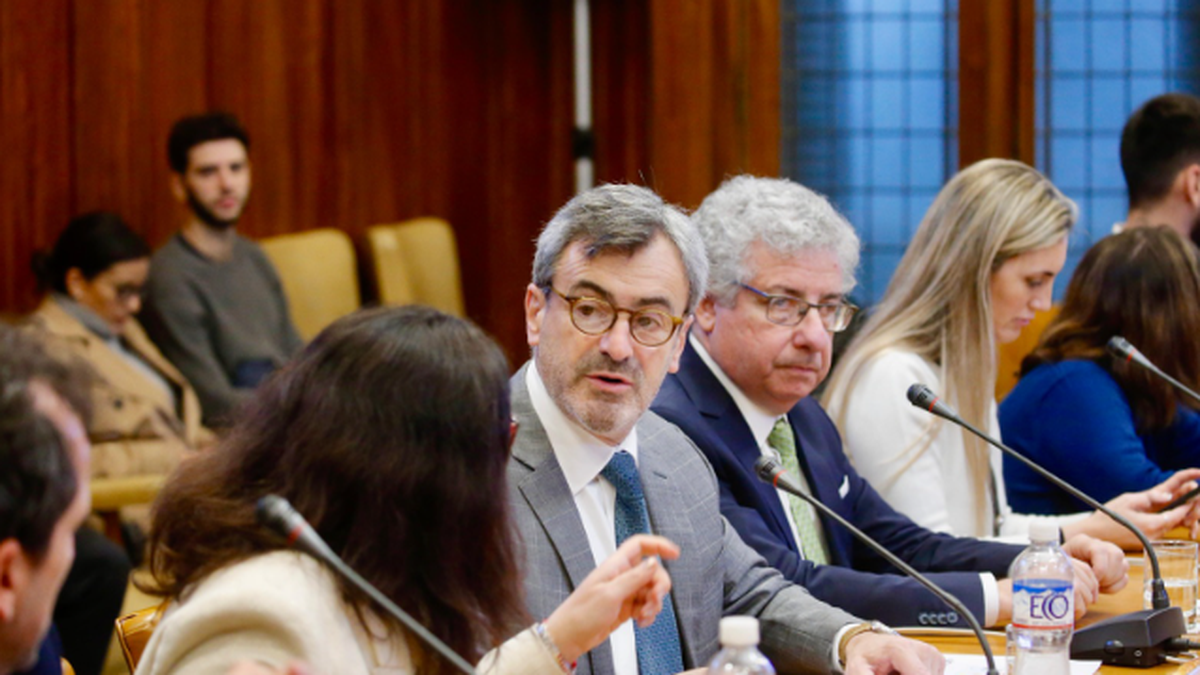The president of the Argentine Industrial Union (UIA), Martín Rappallini, flatly rejected on Tuesday the idea of a “Fiscal competition” promoted by the national government so that Provinces and municipalities try to attract investments of companies through tax decline.
“We are promoting that the importance of legal certainty, continuity over time and also that there is no fees war is taken into account Because while one can look for a benefit, In the medium term the cost is higher, ”said Rappallini When opening a seminar on municipal taxation.
The head of the UIA said that “What happens that when a company lies in a municipality is an investment in infrastructure, a shed, radiation of machines.” “Practically what One decides is at least for a term of 20 to 30 years to settle in that town And it is part of it, ”he added for what he considered that The “industry has no wheel” that allows the entrepreneur to move from municipality in municipality that charges less.
In fact, the president of the UIA considered that generating changes in communal rates “the reality is that it generates discomfort.” “When one sees countries like Brazil, which have had a policy of permanent change and competition between municipalities and zones, and the truth is that it generates a very important distortion.” He added.
The businessman said that The company “is thinking about what place can be eradicated that will give more benefits in time to be focused on producing more and better, which is what we ultimately have to do as an industry. “
The head of the Central Fabrile called to generate consensus between the three levels of the State to coordinate the type of taxes and what aliquots or rates are fixed.
Study between companies
A survey carried out between 67 UIA partnership companies indicates that LTax pressure of the most controversial rate charged since it uses the same base as the Gross Income Tax
The 67 relieved companies report 495 different fees payments in 346 locations. That true tax charged by municipalities impacts 1.8% of the final price of food products.
The Tish as it is known is controversial, because the communes are not charging it depending on the service they provide but on a percentage of billingwhich makes it a tax. The resources presented by companies at the local level against Tish They collided with the provincial judges who have endorsed it.
Controversy due to the safety and hygiene rate
In that sense, Diego Valenzuela, Mayor of February 3one of the two mayors who attended the meeting with Columbus, José Luis Walser, defended the collection of that ratewhich is questioned by national authorities. Valenzuela said that “The tish has to have a reasonable aliquot” And by defending its existence, he said that the service provided by the commune “It is not just inspection “. The communal president defended the idea of territorial competence with rates to attract investments, although he raised it within the framework of long -term tax stability context.
In that sense, Matías Olivero Vila, president of the Logic Foundation, recalled a previous report from the UIAin which it was warned that Only a handful of G20 and South America countries applied a municipal tax based on total incomesimilar to Tish. As explained, that type of lien generates a double imposition with gross incomewhich makes it an exceptional burden in the region.
Vila argued that Argentina faces one of the highest tax burdens in the worldpartly for the action of the Judiciary. Within that framework, he questioned the ruling of the Buenos Aires Court that endorsed the Municipality of Quilmes, a pioneer in applying the Tish to the Exxon company for its service stations in 2021.
The logical foundation manager explained that “the Court had the opportunity to rule clearly and forcefully, establishing that the fees must be calculated on the costs of the service and not on the total income.” However, he remarked that the court “He chose to leave a diffuse limit, far from the impeccability and implacability that a country needs with the highest taxes in the world.”
Source: Ambito




